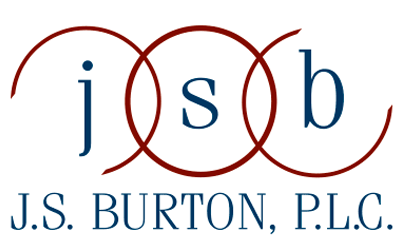Some of our favorite clients to work for are small business owners. It is exciting to see their passion for what they are doing, and to play a small role in bringing their vision to life. It is also really relatable.
Not a lot of people think about the fact that law firms are small businesses, but we are. Just like any business owner, we have to put out a product that customers want to buy, get customers in the door, and do the thousands of little things that keep our doors open so the customers we attract can walk through them.
Much like other small business owners, we would rather be doing work for a customer than “wasting time” on certain administrative tasks. However, the tasks we consider to be enjoyable work are often the things other small business owners hate spending time on.
We regularly help business owners decide what type of business structure they should be using, draft useful documents like employee handbooks, and work with business owners to craft a succession plan that integrates important estate planning principles. It is this last task that we particularly enjoy.
For small business owners, a business succession plan and a personal estate plan must be linked in order for either to work well. The key to making this work is focusing on transitions, both planned and sudden.
A business succession plan and an estate plan should both be crafted to handle two widely different scenarios. First, both plans should stipulate what will happen if the business owner suddenly becomes incapacitated.
The estate plan must therefore include a living will to provide loved ones and medical professionals with information on health care preferences, and power of attorney documents that allow for a designee to make decisions and do things like pay the bills on the business owner’s behalf.
The business succession plan should specify who should step up and run the business in the business owner’s absence. Obviously, this means that the designated person will need to be prepared to do this, so he or she will need the necessary training and the legal authority to do so.
After putting emergency plans into place, a business owner should focus on more long-range planning. If the business is the main asset in the estate, thinking about how it will be passed on to the next generation or sold is critical. It is important to make sure that the business is not crushed by a huge tax burden at the owner’s death, and critical that the business provide retirement income if the business owner is counting on that.
We know how stressful it is to think through all of these issues because we have done so ourselves. We’ve wrestled with thoughts of what would happen to our family and our clients if we were in a bad accident, and put a plan in place that does what we think needs done if such a thing comes to pass. We’ve also made plans for a long and happy retirement that we hope we will get to enjoy. One scenario is more fun to think about than the other, but both have been addressed, and that is what allows us to come into work every day and help business owners solve similar problems.

